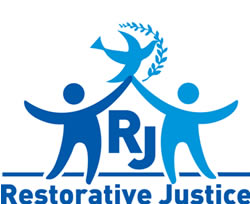 The ACT’s restorative justice system, which diverts young offenders away from court and the criminal justice system, has been expanded.
The ACT’s restorative justice system, which diverts young offenders away from court and the criminal justice system, has been expanded.
Minister for Justice, Shane Rattenbury said that currently only offenders who accepted responsibility for offences were eligible to participate in restorative justice.
“Under the Crimes (Restorative Justice) Amendment Bill 2018, the eligibility threshold for offenders under the age of 18 years has been changed to include those who do not deny committing an offence, if it is of a less serious nature,” Mr Rattenbury said.
He said restorative justice empowered victims of crime to participate in a safely guided process that promoted offender accountability and gave victims an opportunity to express how an offence affected them and others.
He said participants in a conference could make agreements towards repairing the psychological and emotional harm the victims had experienced as a result of someone else’s actions.
“If the matter is referred prior to a court sentencing the offender, a judge or magistrate may take into account an agreement drawn up in a restorative justice conference on behalf of victims,” Mr Rattenbury said.
“Allowing young people who haven’t made formal admissions at the point of their arrest the opportunity to be referred to the restorative justice scheme provides a platform for them to face up to the consequences of their actions.”
He said the reforms would also allow victims of crime to access refer matters to restorative justice where the offender had already been sentenced, without the offender being immediately informed that a referral had been made.
“This approach will allow victims of crime time to consider whether restorative justice will be beneficial for them before offenders are approached to consider participating,” the Minister said.










